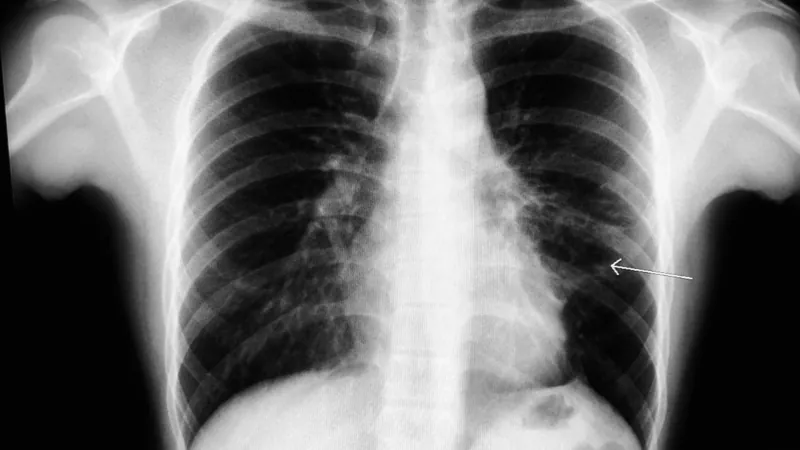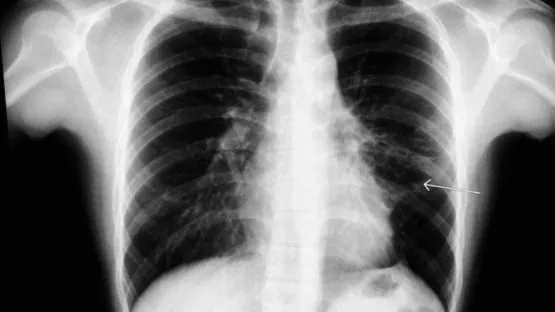Scientists have created genetically engineered T cells that target activated cardiac fibroblasts in a transient manner, alleviating symptoms of cardiac injury [1].
Engineered immune cells
CAR T cell therapy is a much-touted novel technique that makes use of an organism’s own immune system. CAR stands for “chimeric antigen receptor”, and this technique works like this: T cells are modified to produce a receptor protein that recognizes a certain type of cell. Usually, the genetic engineering is done using viral vectors: pieces of viral DNA containing a sequence that codes for the required protein.
CAR T cell therapy is already being deployed against cancer, but it can be targeted to other types of cells as well. In this new study, a group of researchers used CAR T cell technology to engineer cells that would attack cardiac fibroblasts.
Fibrosis is a mechanism that the body uses to heal wounds, including wounds of heart tissue. Like most mechanisms in the body, it too becomes dysregulated with age [2]. Rendered active by a severe injury such as a heart attac, or a creeping one such as hypertension, fibroblasts fail to become quiescent and continue to produce extracellular matrix proteins, which results in abnormal scarring and fibrosis [3]. Fibrosis stiffens the myocardium and adversely affects cardiac muscle cells, inviting further cardiac troubles in a positive feedback loop.
Fibrosis is a major reason why cardiovascular diseases are the most prolific age-related killer, ahead of cancer and neurodegeneration. Current treatments against fibrosis produce moderate effects at best, slowing the disease progression but falling short of stopping or reversing it.
Making the changes temporary
CAR T cells could potentially be engineered to attack rogue fibroblasts, but this technique is fraught with complications. For one, CAR T cells created with viral vectors persist in the organism and keep attacking their target. It’s not a problem when the target is cancer cells – we don’t want any of those around anyway. However, since fibroblasts participate in normal wound healing and extracellular matrix production, decimating their population with always-present T cells can be harmful.
In a previous study, this same group of researchers proved that CAR T cells engineered to target fibroblasts can significantly reduce fibrosis in a mouse model of cardiac injury. This time, the scientists tried to improve their own method by making the fibroblast-targeting nature of the CAR T cells transient.
They did this using another promising new technique: mRNA carried by lipid nanoparticles (LNPs). Despite the fancy name, LNPs are simply lipid vesicles that can transfer molecular cargo and infiltrate cells safely and efficiently.
LNP-carried mRNA is at the heart of the Pfizer and Moderna vaccines against SARS-CoV-2. In those vaccines, mRNA uses cellular machinery to produce the relevant spike protein. Contrary to viral vectors, the mRNA fragments quickly disintegrate but not before they have trained the immune system to recognize the virus.
In this new study, LNPs carry mRNA that tells T cells to produce the receptor protein. These receptors then guide the T cells towards fibroblasts. As with the SARS-CoV-2 vaccines, the inherent instability of mRNA makes this technology safer than the more resilient viral vectors.
Effective against fibrosis
The researchers created mRNA coding for a chimeric receptor that targets fibroblast activation protein (FAP), which is, unsurprisingly, a marker of activated fibroblasts. In an interesting twist, the LNPs themselves were modified to effectively infiltrate only T cells and ignore other cell types. In vitro, 83% of the T cells successfully assimilated LNPs and began producing CARs. These cells were then shown to effectively kill FAP-expressing fibroblasts in a dose-dependent manner.
Usually, in CAR T cell therapy, T cells are drawn from the patient or the donor, reprogrammed in vitro and returned to the patient’s body. In this study, however, the scientists reprogrammed T cells in vivo by injecting mice with LNPs. The number of FAP-targeting T cells peaked at around 48 hours after the injection and then quickly declined over a few days, as mRNA fragments disintegrated.
Nevertheless, this was enough to significantly improve the symptoms in a mouse model of cardiac injury and fibrosis, particularly left ventricular (LV) function, one of the most important markers of cardiac health. After the treatment, LV diastolic function returned to the levels seen in uninjured mice, and LV systolic function noticeably improved as well. The therapy also substantially lowered ventricular fibrosis burden, though not to normal levels.
Conclusion
CAR T cell technology enables scientists to engineer an immune response against various types of cells. This new study makes an additional step by creating transient CAR T cells that can be used when complete elimination of the target cells is unwanted, such as with fibroblasts. As the researchers note, this also allows to manipulate dosage and perform multiple targeted treatments over time. This fine-tuning may require additional research, but the proof of concept looks promising.
Literature
[1] Rurik, J. G., Tombácz, I., Yadegari, A., Méndez Fernández, P. O., Shewale, S. V., Li, L., … & Epstein, J. A. (2022). CAR T cells produced in vivo to treat cardiac injury. Science, 375(6576), 91-96.
[2] Horn, M. A., & Trafford, A. W. (2016). Aging and the cardiac collagen matrix: Novel mediators of fibrotic remodelling. Journal of molecular and cellular cardiology, 93, 175-185.
[3] Hinderer, S., & Schenke-Layland, K. (2019). Cardiac fibrosis–A short review of causes and therapeutic strategies. Advanced drug delivery reviews, 146, 77-82.




